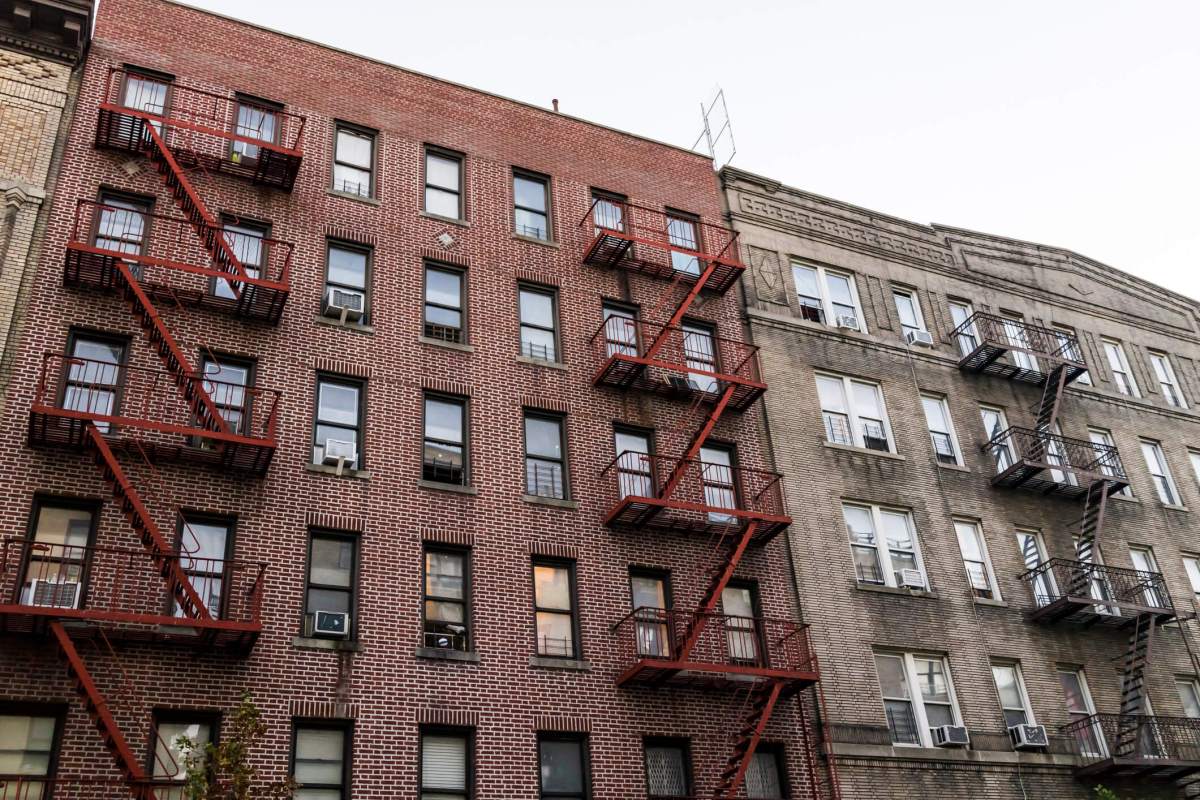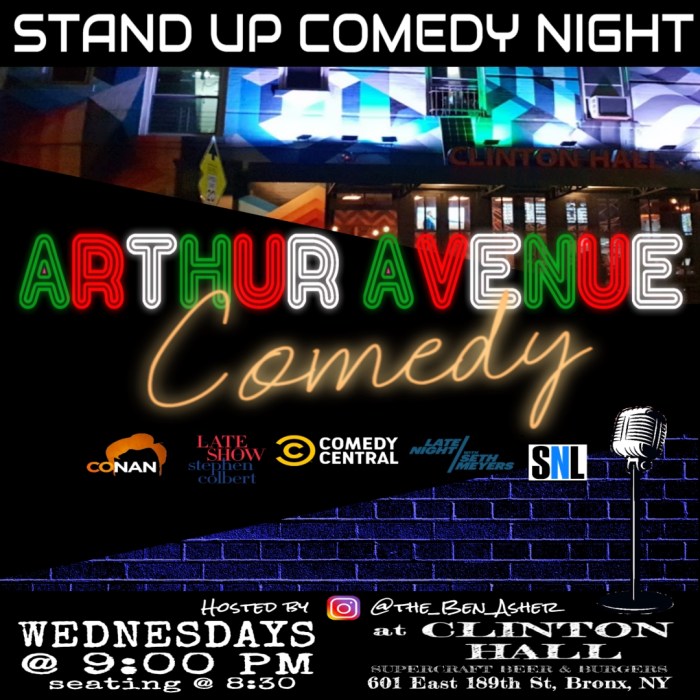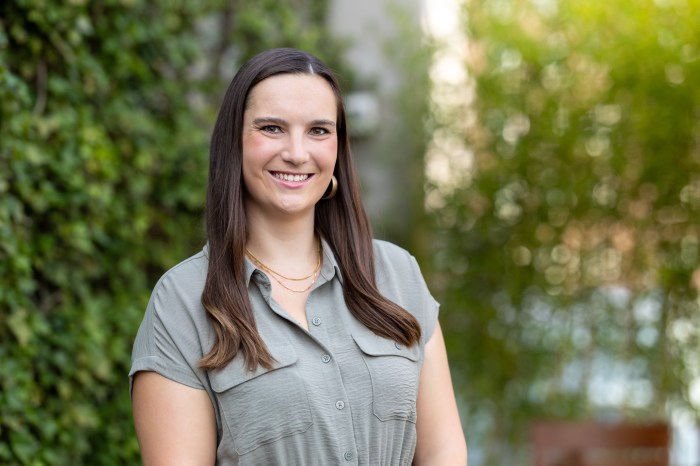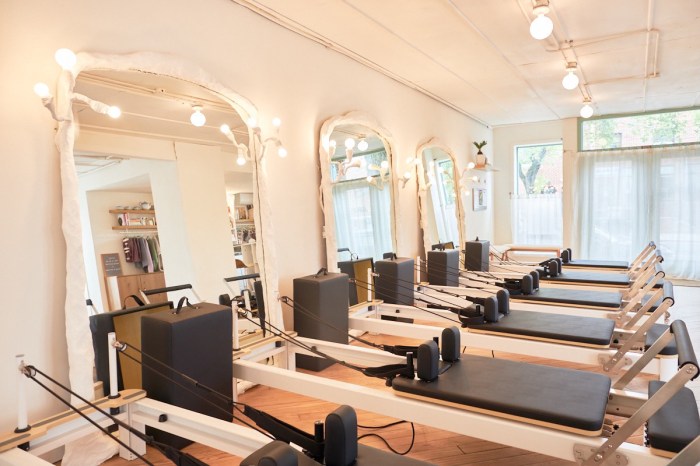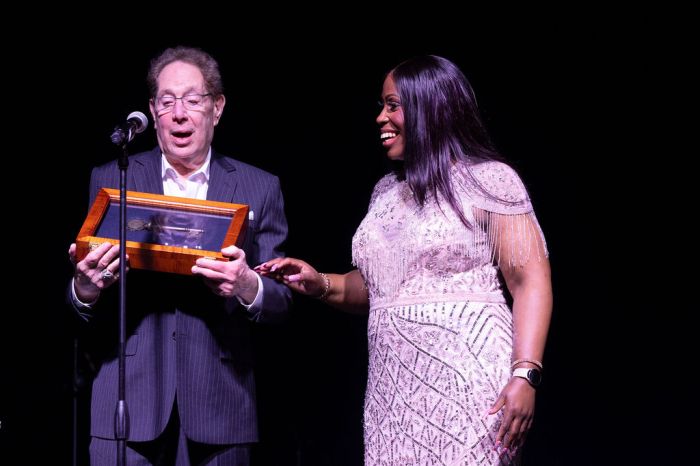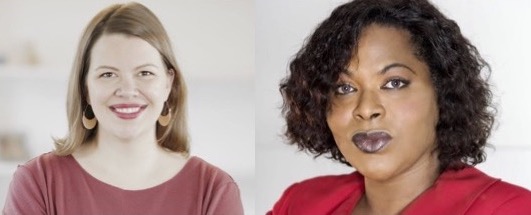Hello my Bronx people! My name is Pierina Sanchez and I represent the 14th District in the New York City Council, including the neighborhoods where I was born and raised: Kingsbridge Heights, University Heights, Mount Hope and Burnside. I have the honor of serving as the chairperson of the council’s Committee on Housing and Buildings, where I have the opportunity to elevate our city’s most pressing housing challenges – from rent increases to building and fire safety – and work with the mayoral administration to ensure we are all housed and safe.
Welcome to “Sanchez te Cuenta” (Sanchez informs you), my column where, inspired by the everyday concerns of my constituents, I write about the issues impacting our city, from the perspective of a Bronx born and raised urban planner and legislator. In this column, we will also reserve time to answer questions sent to my office email at district14@council.nyc.gov.
So let’s get into our first topic: Protecting tenants! There is a mosaic of different programs and policies protecting our tenants in the City of New York, controlled at different levels of government, and funded through a variety of mechanisms, but today I want to focus you all on Rent Stabilization and the Rent Guidelines Board or “the Board.”
The Rent Stabilization Law is a state statute that dictates that under conditions of a housing emergency in the City of New York or a rental vacancy rate lower than 5%, certain tenants shall be subject to rent stabilization, protecting tenants from frivolous evictions and unconscionable rent increases. In turn, the Board exists to establish the rate of reasonable rent increase for the approximately 1 million dwelling units subject to Rent Stabilization in New York City. They hold a series of public meetings and hearings annually to consider research from staff, testimony from owners, tenants, advocacy groups and industry experts, and from there, decide what rent adjustments should be made for rent stabilized tenants.
Two years ago, this powerful Board rightly voted to freeze rent levels for tenants, given the devastating economic impacts of the pandemic on New Yorkers. In 2022, New York City’s recovery has lagged the nation’s, and the Bronx’s recovery has trailed behind that of our neighboring boroughs, with present unemployment levels at 8.6% — about double the city average. In fact, the district I represent has become the epicenter of the city’s post-eviction moratorium eviction crisis, with more than 3,000 neighbors facing eviction in one ZIP code alone. Across our city, renters owe an estimated $1.6 billion in back rent, about 230,0000 evictions have been filed and courts are so overwhelmed by eviction proceedings that legal service providers have been unable to keep up with demand for the right to counsel.
Yet somehow, the Board’s debates this year have included allowable increases of up to 9%, with a vote last month settling at likely increases of between 2% and 6% this year: 2-4% increases for one-year renewals and 4-6% increase for two-year renewals.
Now if you know me, you know that I had something to say – I released a statement denouncing the Board’s lack of consideration for tenant financial wellbeing, calling on the board to instead freeze rents. Let me be clear: I understand why those percentages were proposed – inflation has increased landlord expenses in new ways. Yet the economic turbulence we are living through has impacted owners and tenants alike, in more ways than we can imagine. The economic realities of our Bronx neighbors must be centered, which is why a rent freeze is the only outcome we can accept from the Rent Guidelines Board.
So what happens now? ¡Sanchez te Cuenta! This vote was preliminary and does not necessarily dictate that rents of stabilized tenants will increase this coming October; the final vote is scheduled to take place virtually on June 21. Before the vote, however, there will be a series of public hearings where members of the public can come, testify, share stories and express their views about the proposed rent increases. The Bronx hearing is set for June 15 at 4 p.m. at Hostos Community College, with three citywide virtual hearings open to everyone. I will be there to let the Rent Guidelines Board know how the Bronx has been impacted, will you?
Questions from Mail
You can send in your questions to district14@council.nyc.gov for a chance for us to respond and publish anonymously. When in doubt, Sanchez te Cuenta!
Do I live in a rent stabilized apartment?
Search for your building on the Rent Guidelines Board’s Bronx Rent Stabilization List or contact the New York State Homes and Community Renewal Agency, Homes and Community Renewal Home Page | Homes and Community Renewal (ny.gov)
Rent Stabilization sounds great, but I am living on a fixed income and need a permanent rent freeze!
New York City has a rent freeze program for seniors and people with disabilities! You can keep paying the same amount of rent in the future as you do now if you apply for the Senior Citizen Rent Increase Exemption (SCRIE) or Disability Rent Increase Exemption (DRIE) and renew on time. Senior citizens and disabled persons who live in certain rentals or developments can qualify for SCRIE and DRIE.
- You can qualify for SCRIE/DRIE even if you have not filed your taxes.
- You do not need your landlord’s permission to apply.
- Once you apply, it takes 10-15 days to hear back.
If you need help applying, you should reach out to your local councilmember. Not sure who it is? Call 311 or visit the council website www.council.nyc.gov/districts and input your address.
Pierina Sanchez is a member of the New York City Council representing the 14th District and the communities of Kingsbridge, Fordham, University Heights, Mount Eden and Mount Hope.

